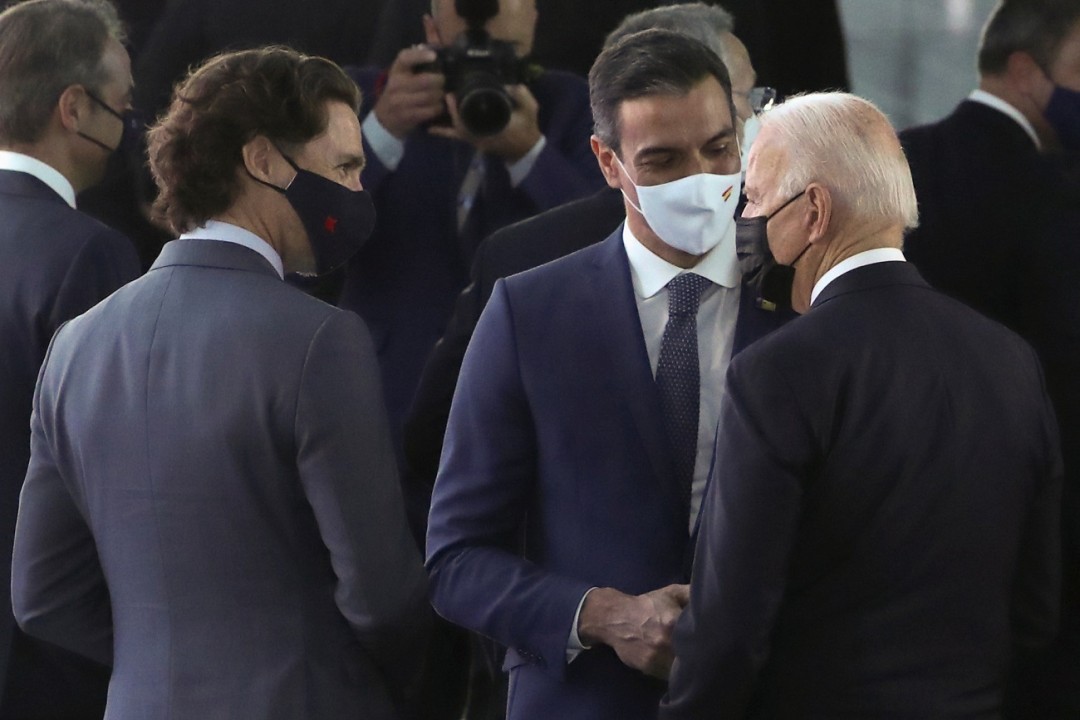
Why Societies Change
In an essay titled “Critique of Marxism in Light of the New Reality, and a Solution to the Question Regarding the Unification of All the Factions of the Nation,” published in June 1940, while the world was engulfed in the flames of World War II, the great kabbalist and global thinker Baal HaSulam offered this explanation as to why societies change. “The duration of every political phase,” he wrote, “is just the time it takes to unveil its shortcomings and evil. While discovering its faults, it makes way for a new phase, liberated from those flaws. Thus, those impairments, which appear in a situation and destroy it, are the very forces of human evolution, as they raise humanity to a more corrected state.”
For now, it seems as though people are still willing to endure the flaws of the existing social and political systems, but hardly anyone still believes that there is any system that is genuinely good for people, since there are no leaders who genuinely have the benefit of the citizens in mind. In other words, people are realizing that no regime can be a good regime as long as the people at the top are not good people.
In the wisdom of Kabbalah, the process that Baal HaSulam described is called “recognition of evil.” In this process, the faults of one state gradually manifest until they galvanize individuals and nations to change their lives, governments, or whatever it is that has become intolerable in their lives. These days, humanity is going through such a stage on a global scale. The flaws of human society, in all its forms of governance, are manifesting more and more openly, and people are growing increasingly disillusioned with the existing systems.
I don’t think that we are already at the point where matters have become intolerable, but we are moving in that direction. For now, it seems as though people are still willing to endure the flaws of the existing social and political systems, but hardly anyone still believes that there is any system that is genuinely good for people, since there are no leaders who genuinely have the benefit of the citizens in mind. In other words, people are realizing that no regime can be a good regime as long as the people at the top are not good people.
But governors emerge from the people. If the people aren’t kind to one another, can we expect kindness from the leaders? Governors are simply those who excel in exploiting the system to their benefit; they use it as a level to lift them above the rest of the people. Consequently, in a society of selfish people, the governors are the most selfish; this is why they were able to climb to the top of the heap. Why should we even expect them to have our benefit in mind?
Therefore, to make the forces of human evolution raise humanity to a more corrected state, as Baal HaSulam put it, we must correct the people. If we establish a society of considerate people, its leaders will be the most considerate. If we establish a society that esteems mutual social responsibility, its leaders will be those who best promote mutual responsibility. So, before we complain about our leaders, we should look in the mirror. We may not like what we see, but we will know it is the truth, we will know if we have come to sufficient recognition of evil, and if we are willing to build for ourselves a society whose merits create meritorious leaders.